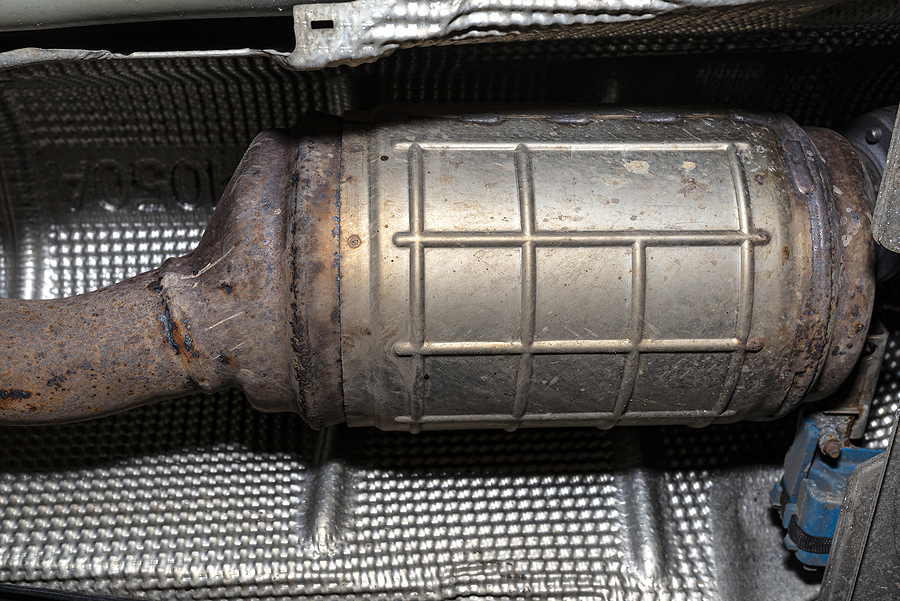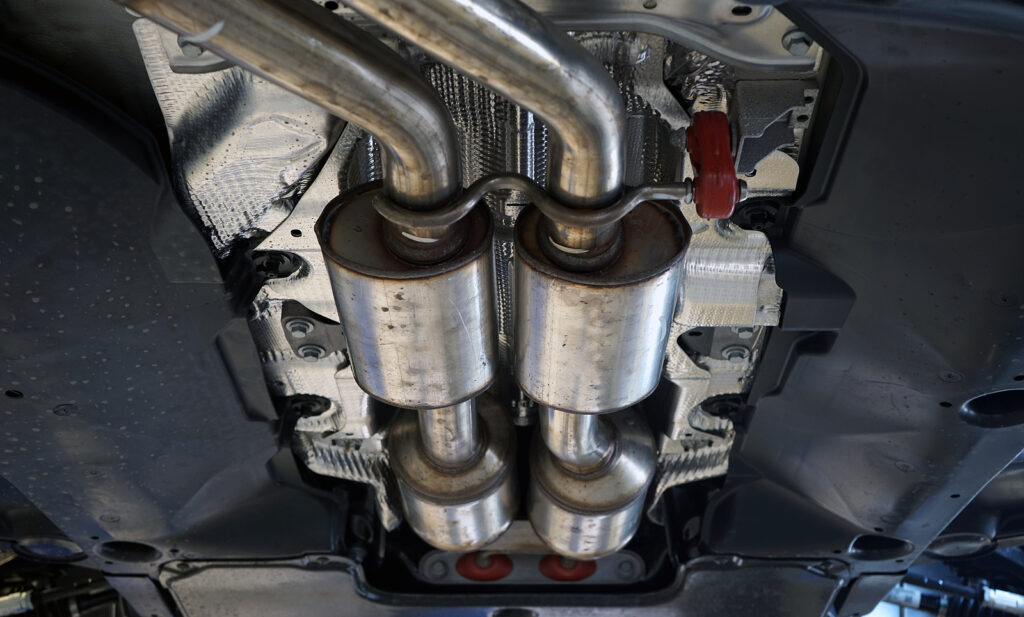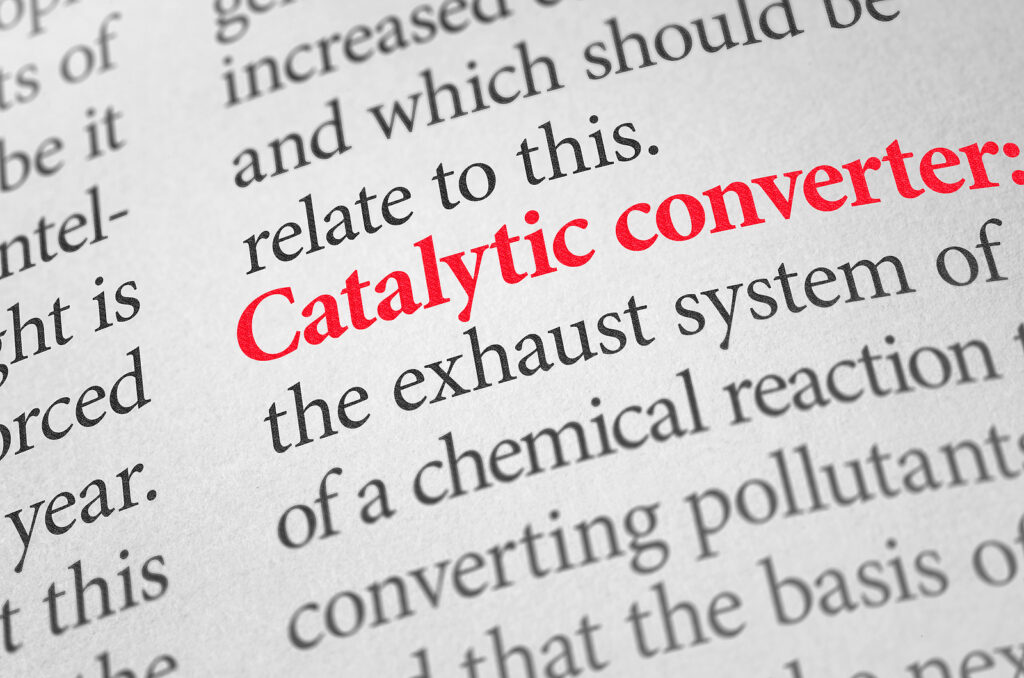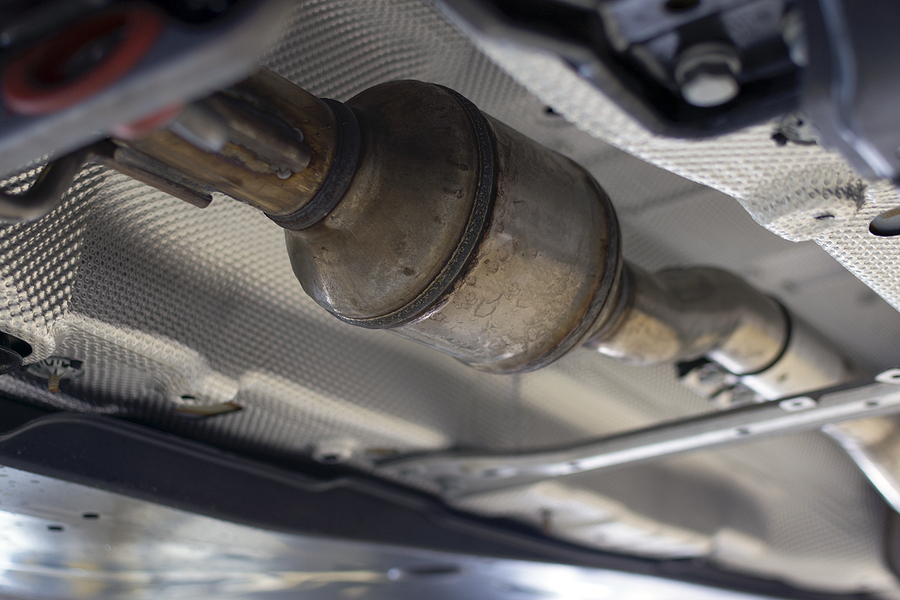If you have an older vehicle, chances are you’ve thought about replacing the catalytic converter. Replacing a catalytic converter can be expensive, so it’s important to weigh the pros and cons before taking on such a project. In this blog post, we will discuss the costs associated with replacing a catalytic converter as well as some of the benefits that come with having a new one installed in your car. We will also provide some tips for making sure your replacement is done correctly and efficiently.
By understanding both sides of the coin, you can make an informed decision about whether or not replacing your catalytic converter is right for you.

Average Cost of Catalytic Converter Replacement
The first thing to consider when looking into catalytic converter replacement is the cost–the total cost. Depending on your make and model of vehicle, replacing a catalytic converter in an older car can range anywhere from $300 to $2,000, not including labor, which can add up to $250 or more to the total bill.
This price tag may seem intimidating at first, however, it’s important to remember that the cost of not replacing a busted catalytic converter could be much higher in the long run. If you don’t replace a broken catalytic converter, you run the risk of damaging other components in your vehicle including your engine or exhaust system. By replacing yours now, you can avoid having to pay for costly repairs later down the road.
Benefits of a New Catalytic Converter
On top of saving money in the long run, there are also some benefits to having a new catalytic converter installed in your car. A new catalytic converter can improve engine performance as well as reduce emissions, allowing you to be more fuel efficient. Additionally, replacing a broken or aged catalytic converter may help increase the resale value of your vehicle should you decide to sell it later on down the road.
Catalytic Converter Installation
When it comes to replacing a catalytic converter, you want to make sure that the job is done correctly and efficiently. To ensure that this happens, seek out an experienced mechanic who specializes in replacement parts and ask plenty of questions about their process and experience with similar jobs. Ask for a quote up front so you know exactly what you’re getting into before agreeing to any work being done. Finally, make sure to keep all records related to the replacement, including receipts and warranties.
Do Your Research Before Replacing a Broken Catalytic Converter
Replacing a catalytic converter can be expensive and intimidating, but understanding the pros and cons of such a project can help you make an informed decision about whether or not it’s right for you. By weighing the cost versus the potential benefits, you can ensure that your investment is well-spent and that your car will be running at its best in no time. With a bit of research and caution, replacing your catalytic converter can be an easy process.
What To Do if the Cost To Repair Your Car Exceeds the ACV
If you’ve come to the realization that repairing your car will cost more than what it’s actually worth, it may be time to cut your losses and move on. In insurance jargon, your vehicle would be called a ‘total loss’ vehicle. You may want to sell your vehicle as-is in order to get back some of its value – and there are a variety of ways to do so. Regardless of the condition of your car, you could contact a local Indianapolis junk car buyer and sell them your totaled car for cash on the spot. Most Cash for Cars Companies offer free junk car removal too! Knowing when and how to cut your losses can be difficult but by following these steps, you’ll be sure to maximize the actual cash value (ACV) of your vehicle.
Ready to make some fast cash by selling your totaled vehicle so that you can place it toward a newer car? Contact GC’s Junk Cars at 317-608-2188 to get started with the junk car selling process in Indiana. We serve all of Central Indiana, including Edinburgh, Westfield, Plainfield, Zionsville, and more with free junk car removal!
Related Posts:
What Can I Do to Increase the Value of My Junk Car?
Facts You Did Not Know About Catalytic Converters
How to Cut Down on Costly Car Repair Bills





